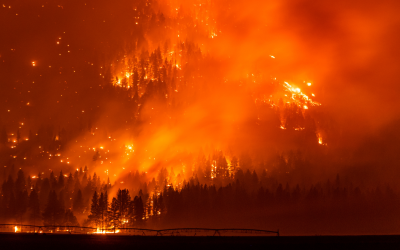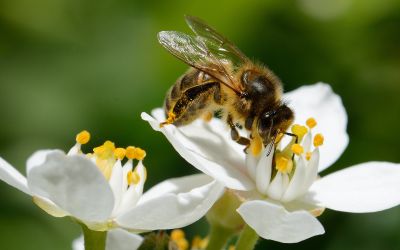“A low-carbon livestock sector is possible”, says UN chief
The head of the UN’s Food and Agriculture Organisation (FAO) has called for sustainable, low-carbon practices to be built into the developing world’s growing livestock sector.

The head of the UN’s Food and Agriculture Organisation (FAO) has called for sustainable, low-carbon practices to be built into the developing world’s growing livestock sector.
Speaking at the recent 10th Global Forum for Food and Agriculture in Belin, FAO Director-General José Graziano da Silva, said:
"With improved and climate-smart practices, we can quickly put in place more sustainable and greener livestock supply chains…A low-carbon livestock sector is possible to achieve".
The FAO estimates that livestock generates 14.5 percent of all greenhouse gas emissions from human sources and the industry is expected to expand as demand grows within developing countries.
While the Director-General was keen to point out that an increase in demand for animal products is a good sign among some of the world’s poorest communities, it isn’t without potential pitfalls. This includes how the sector’s growth can align with the Paris climate agreement to reduce carbon emissions and limit global temperatures to below 2 degrees.
However, the FAO believes that emissions can be cut by up to 30 percent by adopting a variety of climate-smart agricultural practices.
These include greater uptake of energy from waste, recycling nutrients, regenerative grazing and managing pasturelands so that carbon is stored within the soil.
The Director-General’s comments echo similar efforts made at last year’s UN climate change talks to focus more on agriculture if nations wanted to achieve the goals of the Paris agreement.
At the time, Mr. da Silva commented: "Climate change is already affecting agriculture and food security and it disproportionately affects the poorest of the poor, most of whom rely on the agricultural sectors for their livelihoods. Without urgent action to adapt agriculture and meet a growing global demand for food, there will be more hungry people in the world.
He added that recognising the importance of agriculture will “enable the sectors to also engage in worldwide efforts to limit global warming”.
"It will help create an enabling environment for countries and non-state actors to conduct activities in the agricultural sectors that are key to achieve the objectives of the Paris Agreement"






